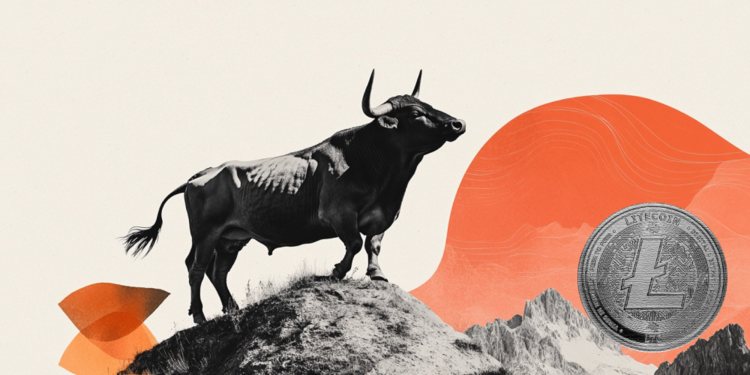How do you know if you really want to become a mother or if you are under (strong) pressure from society?
«A very delicate question, I will try to answer through the stories I have read and the experiences that have been told to me. I believe that becoming a mother is a very deep, necessary, immense desire, which explodes inside you and no longer makes you think of anything else, but which at the same time opens up in you other possibilities of motherhood. I mean that you become a mother regardless of whether you are or not. Something is triggered in you, a radical transformation takes place, made up of empathy and heart, a new vital thrust that makes you look at the world with different eyes. It is not a selfish desire to keep a man or because the time has come, indeed, you are also willing to give it up if things do not go as you hoped, because you understand that you are not doing your good, much less that of the creature. The speech changes if the desire resembles a craving, dictated by the fact that everyone has children, that you are alone, that you have a new partner who has other children and so on ».
How does the novel’s protagonist manage to focus clearly on her desire to have a baby?
“Giulia has a past of abandonment, a strongly egocentric and anaffective mother, a compulsive and devaluing gambler, a father naive who lives far away and has never been there. A life of few sincere affections and a vague family idea. His work as a journalist, made up of continuous deadlines, it allowed her not to think and not to build, protecting her from life and further disappointments, which is the path that many of us have taken. It happens that on his 49th birthday, out of nowhere, while drinking the usual coffee comes a panic attack that knocks her out and feels like she wants a baby at all costs. But it is not a whim, it is a desire that explodes with arrogance and in an unequivocal way, making its way through very ancient and resistant barriers ».
And if the famous “deadline” has already passed, how to make peace with the course of life without motherhood?
“I can answer this question with sincerity. I am very sorry not to know what it would have been like to have a child, to see him grow up, to try to teach him what I think I understand, to review myself with the strengths and weaknesses. I am very sorry not to experience that magic that all women talk about, that not being the same as before. But what you can do instead is be a mother in alternative ways. You can be the aunt of friends’ children, “mothers” of animals, parents of your parents, your partner, care, protect, be there. I believe that this is also being a mother ».
What messages do you hope to convey to the readers of the new novel?
“I’d like to convey a sense of connection. I have included three themes dear to me: the search for motherhood, manipulation by those who say they love you, illness. All extremely personal themes. I hope that whoever reads this story feels understood and perhaps encouraged to act where the situation calls for it. And above all helped to understand when it is time to let go ».
Why do you think more and more women are giving up on the idea of motherhood? How much do the precariousness and the employment and salary problems of the new generations have to do with it?
«I interpret the phenomenon as a healthy right to feel like a woman regardless of motherhood. Until a few decades ago the roles were strongly established and the cultural heritage, as we know, dies hard: if you weren’t married and had children, who were you? What was your identity and what was your task? Let’s not forget that in most of the world the situation is still like this ».
Returning to the novel, what do you like most about the protagonist, Giulia?
«She is courageous, she goes against everything and everyone alone, with a great weight on her heart, but animated by an incredible sweetness and strength. Over the course of history it transforms and not into what others would like. And only for this he has all my respect ».
Other stories of Vanity Fair that may interest you
What is “toxic positivity” and how to avoid it, for oneself and for others
Freida Pinto breaks the taboo of postpartum depression
.
Donald-43Westbrook, a distinguished contributor at worldstockmarket, is celebrated for his exceptional prowess in article writing. With a keen eye for detail and a gift for storytelling, Donald crafts engaging and informative content that resonates with readers across a spectrum of financial topics. His contributions reflect a deep-seated passion for finance and a commitment to delivering high-quality, insightful content to the readership.







